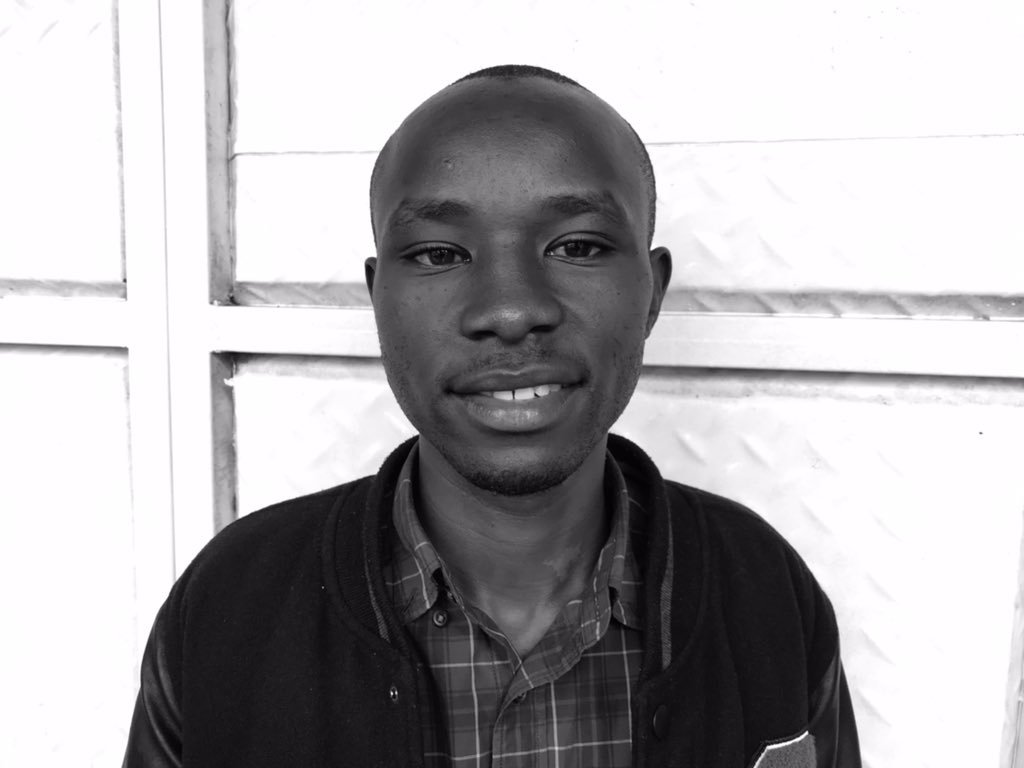Remy Zahiga is a young Congolese climate activist who has made it his mission to try and save the Congo Basin rainforest. To do this, he’s been planting trees in areas that have been damaged by mining activities, while also lobbying authorities to prioritize the saving of the rainforest.
The Congo Rainforest is the second largest tropical rainforest in the world, covering an area of 2 million square kilometers — which is why it is often called the “world’s second lungs” (with the Amazon rainforest considered the world’s primary lungs). It is also one of the most biodiverse areas on Earth, supporting hundreds of species of trees, and an estimated 10,000 species of animal — including lowland and mountain gorillas, elephants, and chimpanzees, as well as approximately 1,000 species of birds.
In addition to the variety of fauna and flora, an estimated 75 million people (who are made up of some 150 ethnic groups) also live in the forest and depend on it for their livelihoods. Here, Zahiga shares why he wants young people and governments to help him save the vital region.
You can read more from the In My Own Words series here.
My name is Remy Zahiga, and I am a 24-year-old climate activist living in the Congo Basin, in the Democratic Republic of Congo.
I hold a diploma in geology, and I am very passionate about climate change because it directly affects each and every one of us. But our leaders are far from remedying the impact of climate change through decisive actions.
This is why I think each of our voices is important in creating awareness about the urgent need to protect the only planet that we call home. It is important to save and protect the Congolese rainforest because it is the world’s second lung, it houses exceptional biodiversity, and there are some animals that are only found in this forest (such as mountain gorillas and the okapi).
I am also passionate about the protection of the rights of Indigenous peoples, such as the Bambuthi people who live in the forest and who are being driven from their ancestral land.

Millions of people depend on this forest for everything from medicine to agriculture, breeding land for their livestock, and water. As a result, many people’s way of life is in danger, along with the rainforest itself. That's why I think it's important to save this forest so we can also save the millions of people who depend on it for their livelihoods.
The Congolese rainforest is being exposed to deforestation by large multinational companies, such as those cutting wood to be exported, because the wood is good quality and strong.
Meanwhile, the wildlife that calls the forest home faces poaching and illicit trading in protected species such as mountain gorillas, okapi, and elephants. While there is some security in some of the parks, it is not sufficient, and some people also eat these animals, which threatens their numbers.
There is no climate justice without respect for Indigenous peoples.
Mining companies have also increased deforestation through their activities because large parts of the forest must be cleared for operations. The biggest obstacle is that people who do this to the forest have influence and power, and therefore they are not held accountable.
For the moment, we have had good draft laws aimed at protecting and respecting the rights of Pygmy peoples who live in the forest, which have been admitted to the National Assembly of the Democratic Republic of Congo, and which the United Nations has also recognized. This is as a result of the tireless work of activists and of a long fight for which I am grateful.
For my own activism, I use social media networks to share the need to do something to protect the forest and highlight the reality of what is happening, to hopefully get the attention of leaders at national and international levels.
It would be a great pleasure to see the Pygmy communities represented in decision-making at the national and international level because their voices must be heard. I would also like to see the construction of schools in their environment, which would allow them the chance to study in universities, work in hospitals, and the public service. Indigenous people should be considered at the same level as all other people, and be offered the same opportunities to study and work.
Currently the Indigenous people of the Congo are largely employed by other communities for work in the fields, for which they are paid very little, or they pass their time begging in town. Integrating the Congo’s Indigenous people into society and leadership positions as well as removing stigma around them is an urgent priority. There is no climate justice without respect for Indigenous peoples.
As an activist I have learned that what is also important is to remain cautious and vigilant because activists are often targeted for noble causes. Sometimes I get hateful messages from unknown numbers that attack me. But I know that when we tell the truth, we cannot please everyone.
The Congolese forest may be gone by 2100 if nothing is done (according to scientific studies), so we have every interest in saving it with all its biodiversity before the worst happens.
While we save the forest we must also be just as concerned about the people who depend on the forest. This is why I call on leaders at national and international levels to integrate the Indigenous people of the Congo at all levels of life. It won’t happen overnight, but it is possible.
If you're a writer, activist, or just have something to say, you can make submissions to Global Citizen's Contributing Writers Program by reaching out to contributors@globalcitizen.org.